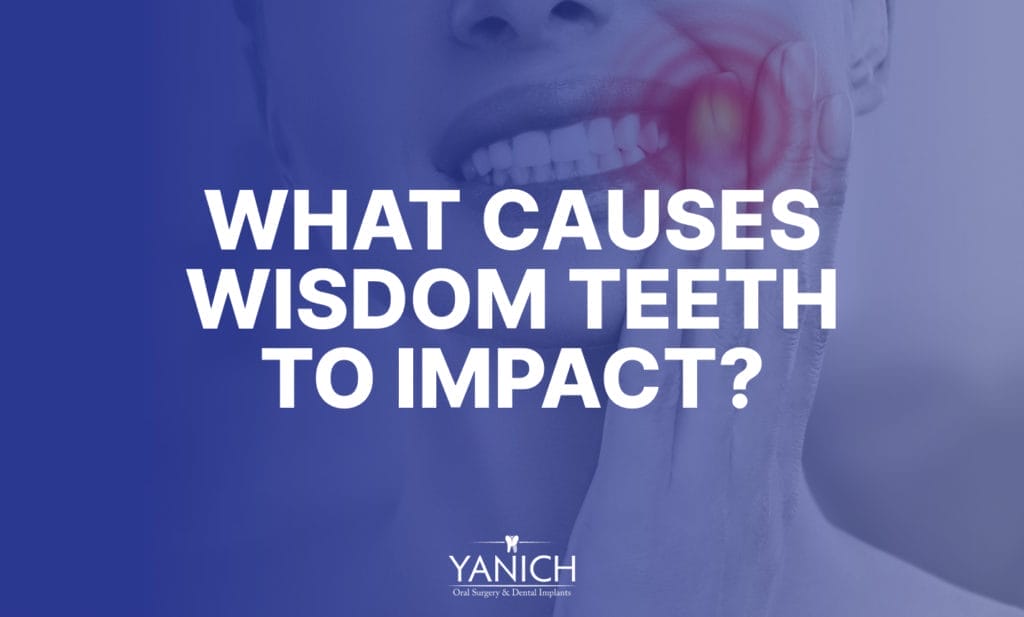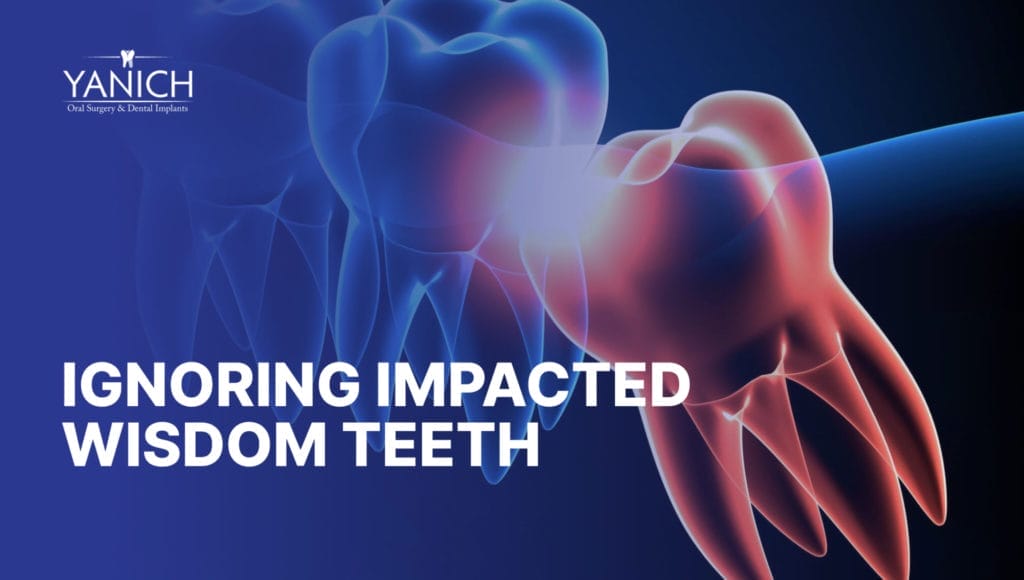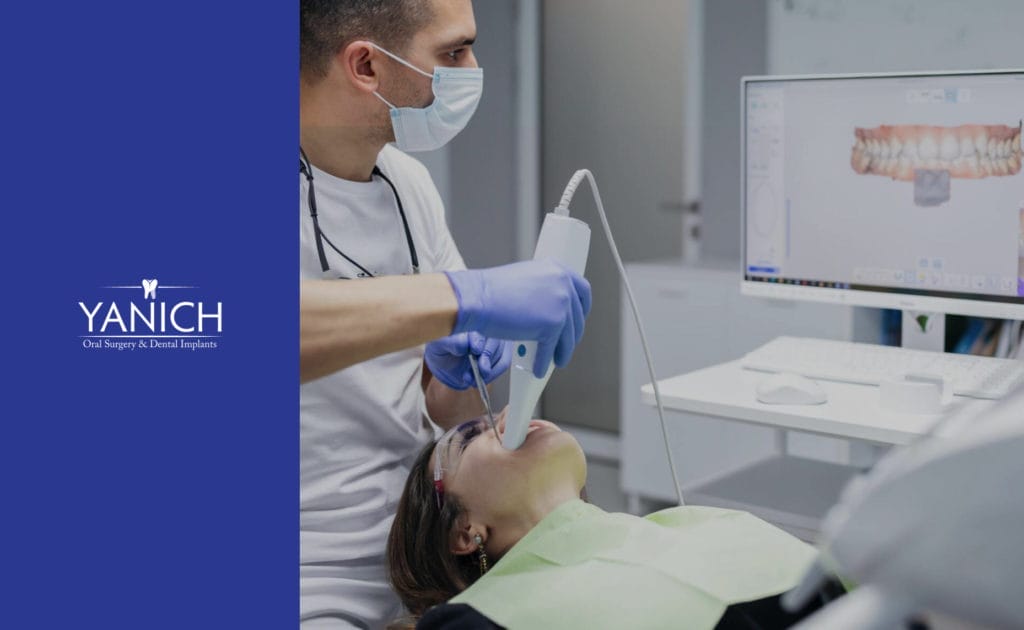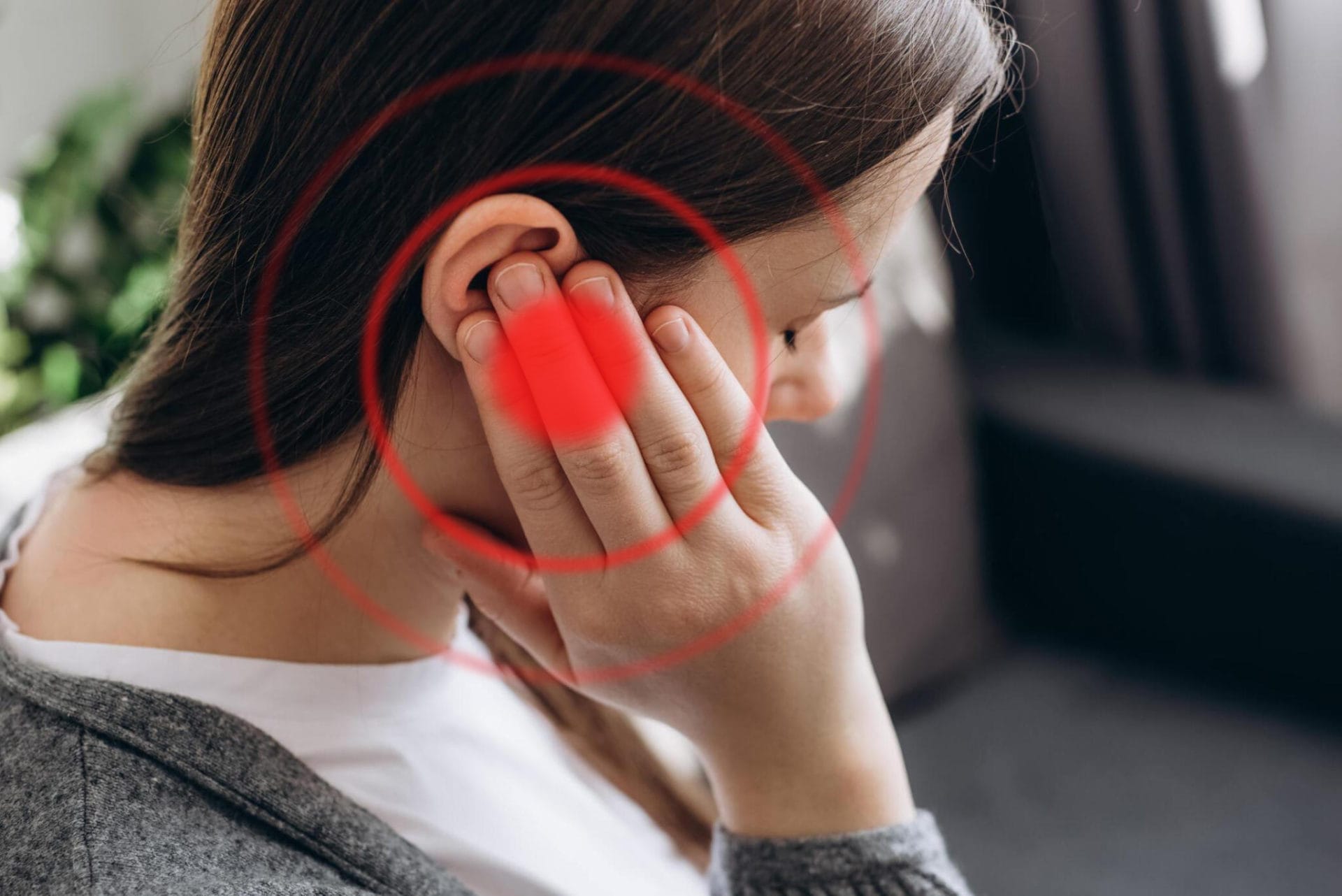Experiencing ear pain can often lead you to wonder if wisdom teeth are the culprits behind this discomfort.
In this article, we unravel the connection between impacted wisdom teeth and ear pain, offering expert insights into how these seemingly unrelated parts of your body can influence each other.
Read on to gain a deeper understanding of this common dental concern, empowering you with the knowledge to make informed decisions about your oral health.
Exploring the Link: Can Impacted Wisdom Teeth Lead to Ear Pain?
The connection between wisdom teeth and ear pain is deeply rooted in the anatomy of our jaws and the complex network of nerves that serve this area.
Understanding this relationship is key to recognizing why issues with wisdom teeth can manifest as ear discomfort.
Trigeminal Nerve Involvement
Central to this connection is the trigeminal nerve, one of the largest nerves in the head. It is responsible for facial sensation and motor functions such as biting and chewing.
This nerve has branches that extend to various parts of the face, including the lower jaw, where wisdom teeth are located.
When these teeth become impacted, they can exert pressure on or irritate the trigeminal nerve, leading to pain that may radiate to the ear.
Proximity to Ear Structures
The upper wisdom teeth are located near the ear, and any swelling or infection associated with these teeth can have direct implications for ear health.
Inflammation in the area can lead to pressure on the ear canal or even affect the temporomandibular joint (TMJ), which is closely linked to ear function and headaches.
Referred Pain Phenomenon
The concept of referred pain is also crucial in understanding this connection.
Pain originating in the jaw or teeth can be perceived in other areas served by the same nerve pathways, such as the ears.
This can lead to misdiagnosis, as the pain is felt in the ear but originates from the teeth or jaw.

What Causes Wisdom Teeth to Impact?
Why wisdom teeth become impacted requires a look at several factors, ranging from evolutionary changes to individual dental anatomy.
These factors collectively contribute to the scenario where wisdom teeth don’t have enough space to emerge correctly, leading to impaction. Here are some reasons why this happens:
Evolutionary Changes in Jaw Size
Human jaws have evolved to become smaller over time, but our number of teeth remains the same. This evolutionary mismatch often results in insufficient space in the dental arch for the wisdom teeth to emerge, causing them to become impacted.
Abnormal Growth Patterns
A wisdom tooth may grow at various angles, not just straight up through the gum line. They can grow towards the back of the mouth, horizontally, or angled towards the second molar. This irregular growth can cause crowding, misalignment, and impaction.
Genetic Factors
There’s also a hereditary aspect to consider. If a person’s family history includes impacted wisdom teeth, they are more likely to face similar issues due to genetic predispositions.
Density of Gum and Bone Tissues
The density and composition of the gum and bone tissues in an individual’s jaw can affect the eruption of wisdom teeth.
In some cases, dense bone or thick gum tissues can obstruct the normal eruption path of these teeth.

Potential Complications of Ignoring Impacted Wisdom Teeth
Infection and Abscess Formation
One of the most immediate risks of an untreated impacted wisdom tooth is the development of infections or abscesses.
These infections can spread to the surrounding tissues and bones, leading to significant pain and health complications.
Damage to Adjacent Teeth
Impacted wisdom teeth can pressure neighboring teeth, leading to misalignment, damage, or decay in these adjacent teeth. This can result in a need for more extensive dental treatments.
Cysts and Tumors
Cysts or tumors can sometimes develop around the impacted tooth, potentially damaging the jawbone and surrounding teeth. These conditions may require surgical intervention.
Chronic Pain and Discomfort
Ongoing issues with impacted wisdom teeth can lead to chronic jaw pain, which can then cause recurring ear pain, leading to headaches and TMJ disorders.
Overall Health Concerns
Problems in the mouth, such as infections from impacted wisdom teeth, can have systemic effects, potentially contributing to or exacerbating other health issues, such as the following:
- Cardiovascular Disease: Oral infections can increase the risk of heart disease. Bacteria from the mouth can enter the bloodstream, potentially leading to arterial inflammation and plaque buildup in the heart’s arteries.
- Diabetes Complications: For individuals with diabetes, oral infections can make blood sugar control more challenging. This can worsen diabetes symptoms and increase the risk of complications.
- Respiratory Infections: Bacteria from oral infections can be inhaled into the lungs or travel through the bloodstream, potentially leading to respiratory conditions like pneumonia, especially in older adults or those with weakened immune systems.
- Gastrointestinal Issues: Oral bacteria can disrupt the balance of gut flora, potentially leading to gastrointestinal disorders or exacerbating existing conditions.
- Pregnancy Complications: In pregnant women, severe oral infections can be linked to premature birth and low birth weight in infants.
- Increased Risk of Stroke: There is evidence to suggest that oral infections can increase the risk of stroke due to inflammation and its effects on blood vessels in the brain.
- Weakened Immune System Response: Chronic oral infections can strain the immune system, making it more difficult for the body to fight off other infections and diseases.

Diagnosing and Treating Wisdom Teeth Related Ear Pain
Diagnosing and treating ear pain related to wisdom teeth requires a careful evaluation by dental professionals. Understanding the root cause is essential for effective treatment and relief.
- Initial Examination: The wisdom teeth extraction process typically begins with a thorough examination of the mouth and jaw. Dentists look for signs of impaction, inflammation, and infection around the wisdom teeth. They may also check for tenderness, swelling, and redness in the gums.
- Imaging Tests: X-rays or CT scans are often used for a detailed view of the teeth and jaw structure. These imaging tests help identify the wisdom teeth’ position and any impact they may have on surrounding structures.
- Treatment Options: Depending on the severity of the impaction and the associated symptoms, treatment options may vary. Removing the impacted wisdom teeth is often recommended to alleviate pain and prevent further complications. An oral surgeon typically performs this procedure.
- Managing Infection: If an infection is present, an oral surgeon may prescribe antibiotics to clear it up before any surgical procedure. Addressing any infection to prevent its spread to other areas is crucial.
Recovery and Care Post-Treatment
- Rest and Medication: Patients are advised to rest and may be prescribed pain relievers to manage discomfort following the surgery. It’s essential to follow the dosage instructions carefully.
- Dietary Adjustments: A soft diet is initially recommended to avoid surgical site irritation. Foods like soups, yogurts, and smoothies are good options.
- Oral Hygiene: Maintaining oral hygiene is crucial for healing. Patients should gently clean the area around the surgical site and follow any specific cleaning instructions provided by their dentist or oral surgeon.
- Follow-up Visits: Regular follow-up appointments are necessary to ensure proper healing and promptly address complications.
Say Goodbye to Wisdom Teeth-Related Ear Pain Today!
The key to preventing and resolving these issues lies in timely intervention. Regular dental check-ups, proper oral hygiene, and immediate attention to any discomfort can make a significant difference.
If you suspect that your wisdom teeth might be the source of your ear pain, don’t hesitate to contact Yanich Oral Surgery. Dr. Jason Yanich provides a comprehensive examination, accurate diagnosis, and effective treatment plan, ensuring your smile remains healthy and pain-free.


